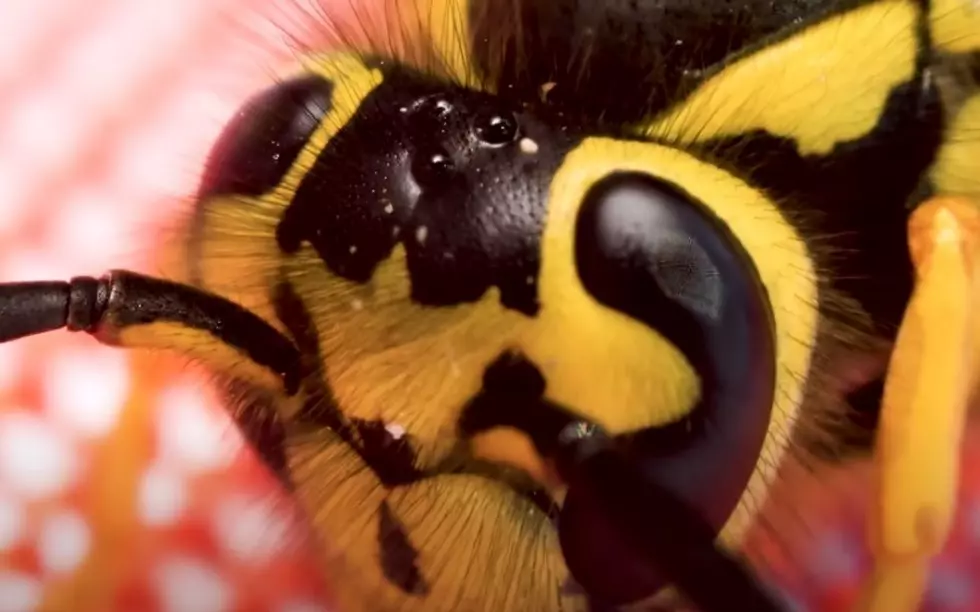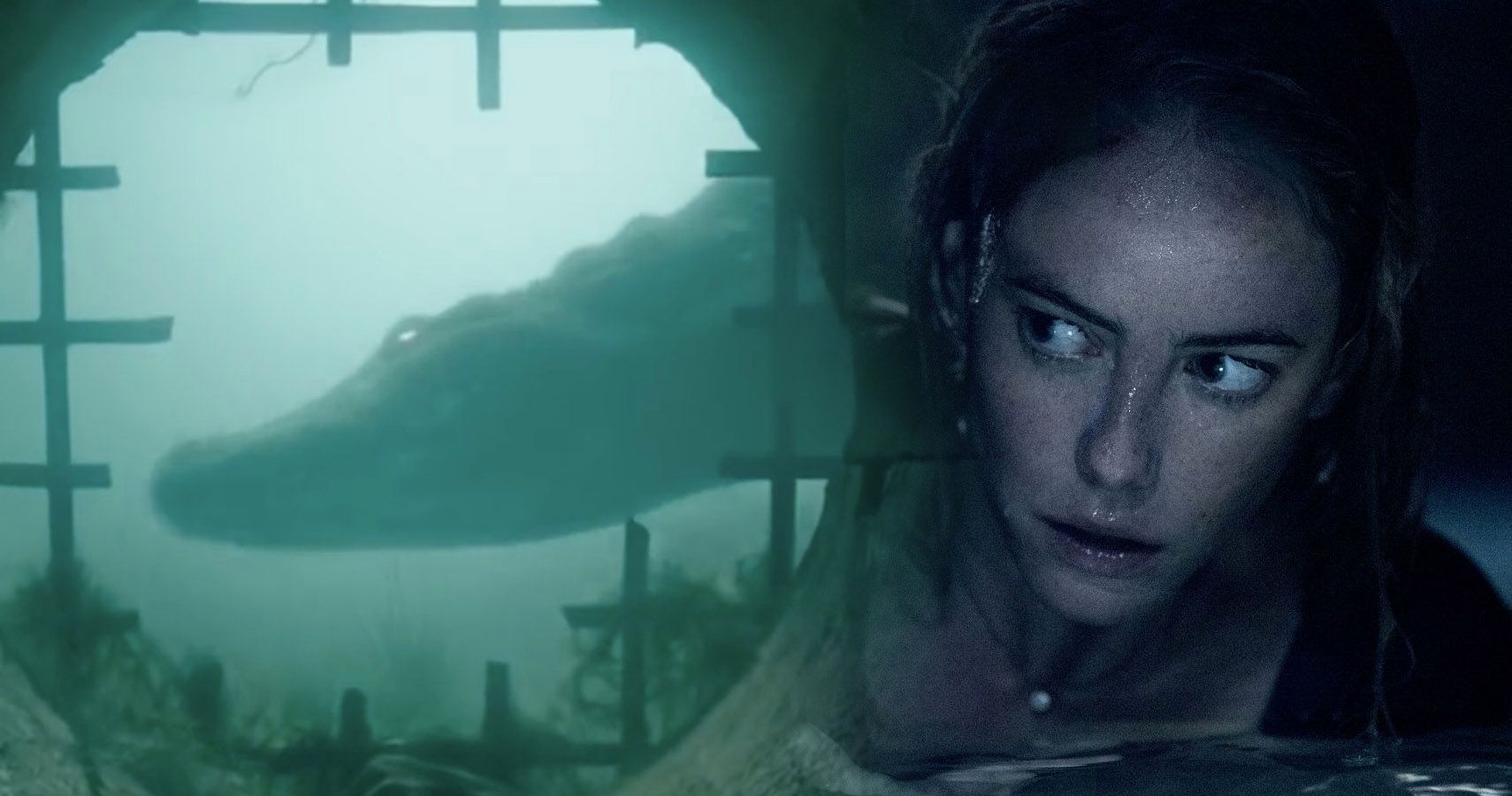The ocean, a vast and enigmatic domain, harbors some of the most terrifying and awe-inspiring creatures known to humanity. These mysterious denizens of the deep often remain hidden, lurking in the shadows, waiting to be discovered. With every dive into the abyss, scientists and marine enthusiasts unveil the ocean's most frightening residents, creatures that evoke both fear and fascination in equal measure. From the depths of the Mariana Trench to the dark corners of the Atlantic and Pacific Oceans, these sea creatures are not just the stuff of legends and nightmares but are real-life inhabitants of our planet. As we explore the ocean's eerie underworld, we uncover the chilling realities of these spine-tingling sea dwellers, each with its own unique characteristics and survival mechanisms.
The ocean's fearsome inhabitants have evolved over millennia to adapt to their dark and often hostile environments. Their bizarre and terrifying features serve as a testament to the incredible diversity of life on Earth. Through this article, we aim to shed light on these enigmatic creatures, exploring their habitats, behaviors, and the reasons they invoke such fear among those who dare to delve into the depths of the ocean. So, join us as we embark on a journey to discover the ocean's most terrifying residents, creatures that continue to baffle and intrigue scientists and adventurers alike.
As we delve deeper into the realm of the ocean's scariest creatures, we will examine the scientific discoveries and documented encounters that have shaped our understanding of these formidable beings. From the elusive giant squid to the predatory anglerfish, each creature tells a story of survival and adaptation, offering us a glimpse into a world that remains largely unexplored. This exploration not only unveils the ocean's most frightening residents but also highlights the importance of preserving these unique and often endangered species for future generations.
Read also:Is Dillards Really Going Out Of Business The Truth Revealed
Table of Contents
- What Makes the Ocean So Scary?
- The Enigmatic Giant Squid
- How Do Anglerfish Lure Their Prey?
- The Menacing Fangtooth Fish
- Can the Goblin Shark Stalk Its Prey?
- The Bizarre Viperfish
- Are There Vampire Octopuses in the Ocean?
- The Terrifying Gulper Eel
- How Do Starfish Survive in the Deep Sea?
- The Dreaded Stonefish
- Is the Blue-Ringed Octopus Deadly?
- The Mysterious Frilled Shark
- What Are the Creatures of the Midnight Zone?
- The Intriguing Bobbit Worm
- Conclusion: Unveiling the Ocean's Most Frightening Residents
What Makes the Ocean So Scary?
The ocean's vastness and depth are inherently intimidating, with over 80% of it remaining unexplored. Its dark waters conceal an array of mysterious and often dangerous creatures, making it a source of fear and intrigue. These unknowns, combined with the ocean's unpredictable nature, contribute to its reputation as a daunting and formidable realm.
The Enigmatic Giant Squid
The giant squid, a creature of legend, has long been associated with sea monsters and seafaring tales. Known for its enormous size and elusive nature, the giant squid dwells in the deep ocean, rarely seen by human eyes. Its tentacles, lined with serrated suckers, and its ability to move swiftly through the water make it a formidable predator in its own right.
How Do Anglerfish Lure Their Prey?
The anglerfish, with its menacing appearance and bioluminescent lure, is a master of deception. This deep-sea predator uses its glowing lure to attract unsuspecting prey, drawing them close enough to be engulfed by its massive jaws. Its unique adaptation allows it to thrive in the dark, harsh conditions of the deep ocean.
The Menacing Fangtooth Fish
Despite its small size, the fangtooth fish is one of the ocean's most fearsome predators. Its disproportionately large teeth and powerful jaws allow it to capture and consume prey much larger than itself. Adapted to life in the deep sea, the fangtooth fish has evolved to survive in one of the most extreme environments on Earth.
Can the Goblin Shark Stalk Its Prey?
The goblin shark, often referred to as a "living fossil," has a distinctive, elongated snout and a protrusible jaw that allows it to capture prey with lightning speed. This deep-sea predator uses its unique adaptations to stalk and ambush its prey, making it one of the ocean's most efficient hunters.
The Bizarre Viperfish
The viperfish, with its long, needle-like teeth and bioluminescent photophores, is a bizarre and terrifying inhabitant of the deep sea. Capable of swimming at high speeds, the viperfish uses its light-producing organs to attract prey in the pitch-black depths of the ocean.
Read also:Jake Andersons Fitness Journey A Deep Dive Into His Weight Transformation
Are There Vampire Octopuses in the Ocean?
The vampire squid, despite its name, is more of a gentle giant than a bloodthirsty predator. With its cloak-like webbing and red eyes, the vampire squid is a fascinating creature adapted to life in the oxygen-poor depths of the ocean. It feeds on marine snow, a mix of organic debris falling from the upper layers of the ocean.
The Terrifying Gulper Eel
The gulper eel, with its enormous, gaping mouth, is a formidable predator of the deep sea. Capable of consuming prey much larger than itself, the gulper eel's expandable mouth and stomach allow it to swallow large quantities of food in one gulp, making it a highly efficient feeder in the deep ocean.
How Do Starfish Survive in the Deep Sea?
Starfish, or sea stars, are remarkable creatures that have adapted to survive in the harsh conditions of the deep sea. With their regenerative abilities and diverse feeding habits, starfish play a crucial role in maintaining the balance of marine ecosystems, even in the ocean's most inhospitable regions.
The Dreaded Stonefish
The stonefish, known for its venomous spines and ability to camouflage itself among rocks and coral, is one of the most dangerous creatures in the ocean. Its potent venom can cause excruciating pain and even death, making it a formidable threat to both humans and marine life.
Is the Blue-Ringed Octopus Deadly?
The blue-ringed octopus, despite its small size, is one of the most venomous creatures in the ocean. Its vibrant blue rings serve as a warning to potential predators, and its neurotoxic venom can cause paralysis and death within minutes, making it a deadly inhabitant of the ocean's shallower waters.
The Mysterious Frilled Shark
The frilled shark, a rare and ancient species, has a distinctive eel-like body and frilled gills that give it a prehistoric appearance. Its serpentine movements and sharp, trident-shaped teeth make it a formidable predator in the deep sea, capable of capturing and devouring its prey with ease.
What Are the Creatures of the Midnight Zone?
The midnight zone, a realm of perpetual darkness, is home to some of the ocean's most mysterious and fearsome creatures. From bioluminescent jellyfish to giant tube worms, the inhabitants of this zone have evolved unique adaptations to survive in the extreme conditions of the deep ocean.
The Intriguing Bobbit Worm
The bobbit worm, a fearsome predator of the ocean floor, is known for its lightning-fast strikes and sharp, scissor-like jaws. Capable of capturing prey with incredible speed and precision, the bobbit worm is a formidable hunter that lurks in the sand, waiting to ambush unsuspecting victims.
Conclusion: Unveiling the Ocean's Most Frightening Residents
The ocean, with its vastness and mystery, continues to captivate and terrify us with its diverse array of inhabitants. As we explore the depths and unveil the ocean's most frightening residents, we gain a deeper understanding of the incredible adaptability and resilience of marine life. These terrifying creatures, with their unique adaptations and survival strategies, serve as a reminder of the ocean's untamed beauty and the importance of preserving this vital ecosystem for future generations.

